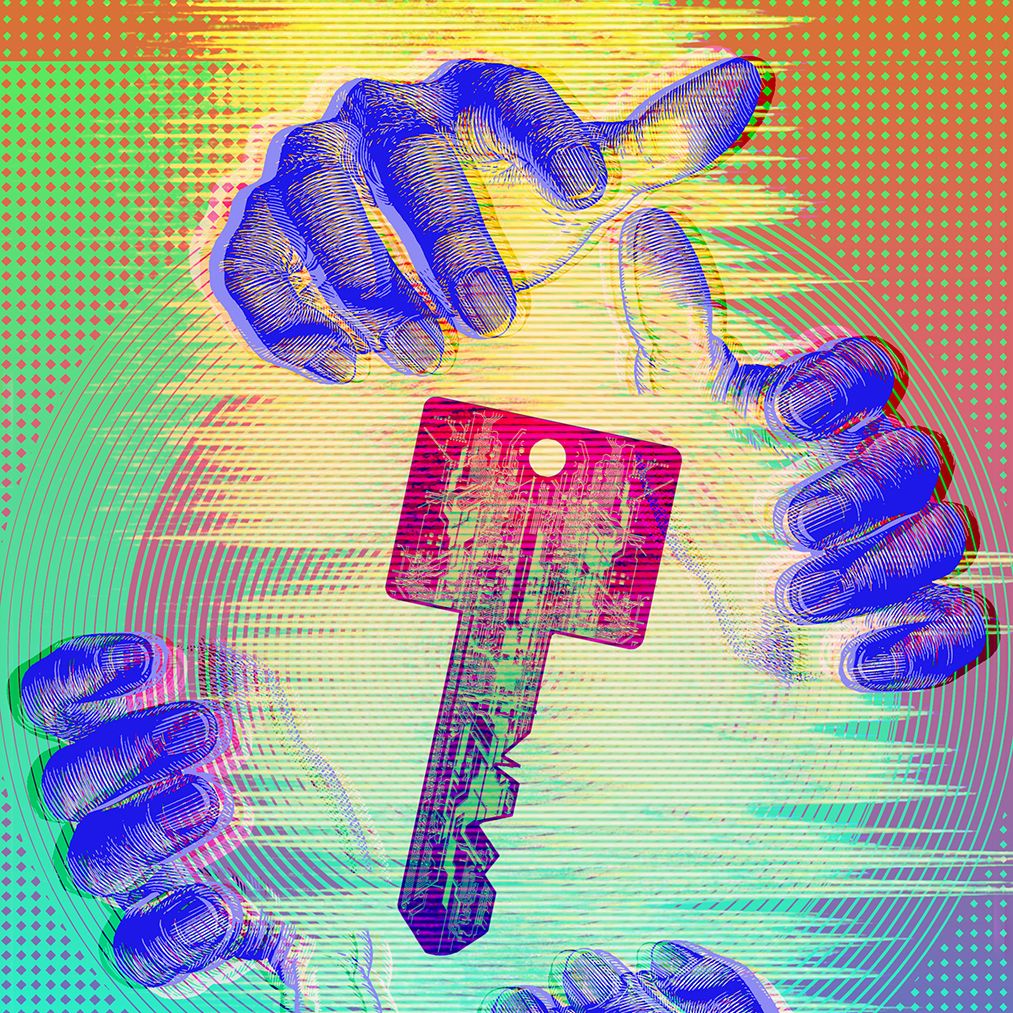Invasion of Privacy
In 2020, it's true: Anyone can know everything about you. This is Marie Claire's guide to protecting yourself online.

All around you, snoops are compiling every fact about you: Your name—child’s play. Your occupation—just as easy. Where you live, yes, but also if you tend to spend nights at your we’re-not-defining-it’s place. What you buy, who you’ll likely vote for in the presidential election, and the exact distance between your eyes. Who are these spies? Your phone. Your computer. The smart home device that tells you the weather.
Across the Internet, trackers are in hot pursuit of your information, trailing behind in the virtual shadows every time you add a blouse to your shopping cart, angry Tweet, or search an embarrassing medical question—collecting bread crumbs to take advantage of you later.
Illustration: Claire McCracken
Your private, personal data is under attack. It’s being tracked, mined, archived, shared, and sold. In 2020, each and every tidbit about you—all of your intimate details and idiosyncrasies—is currency that can be more valuable than the dollar, the way it’s gathered more obscure than Bitcoin. Some companies (apps, search engines) have it—often, you give them access without realizing—and others (marketers, consumer brands) want it desperately.
The collecting of personal data isn’t always nefarious, and you may be just fine blindly and blithely giving it away. In fact, companies can use your data to make your life easier and more convenient, creating tailored shopping suggestions, navigating you to the closest coffee shop, and recommending videos you might enjoy. Innocent enough. Except that certain entities don’t just use your data; they abuse it.
No one is safe. But for some—especially women and those in minority groups—this surreptitious infiltration results in more than annoying ads: It could mean being denied housing. It could mean some of your sensitive health info, like HIV status, is spilled. It could mean losing your job for being pregnant. Women drive the majority of U.S. purchasing power, making their data prized and more likely to be hunted. If their information is sold or stolen, they face increased risks, like being stalked by an abusive ex. For women and people of color, the ubiquitous and unregulated invasion of privacy happening in the U.S. could mean life or death.
It’s all quite Orwellian, but you don’t have to surrender to Big Brother. Ahead, we explore and expose privacy’s darkest secrets. What we found may be shocking, but it’s also illuminating. With a few swipes, taps, keystrokes, and perhaps strongly worded emails to your elected representatives, your personal information can be returned to its rightful owner: you.
-

My Data Is Safe, Right?
There are two parts to the online safety conversation: privacy and security. Our quiz will help determine whether you're good to go on both fronts.
By Rachel Tobac Published
-
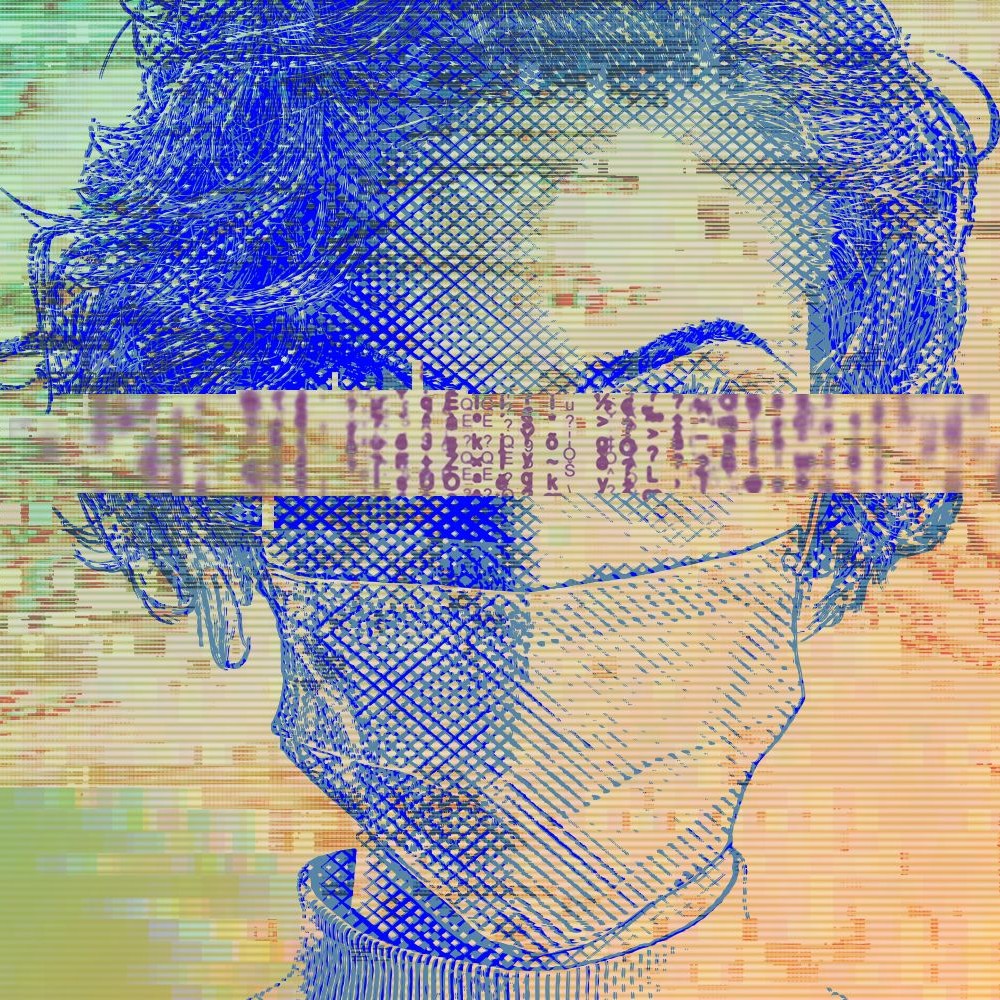
Are Contact-Tracing Apps Worth the Privacy Risk?
They’re only a tiny piece of the puzzle in helping fight the spread of COVID-19—and they’re yet to be proven effective.
By Rachel Epstein Published
-
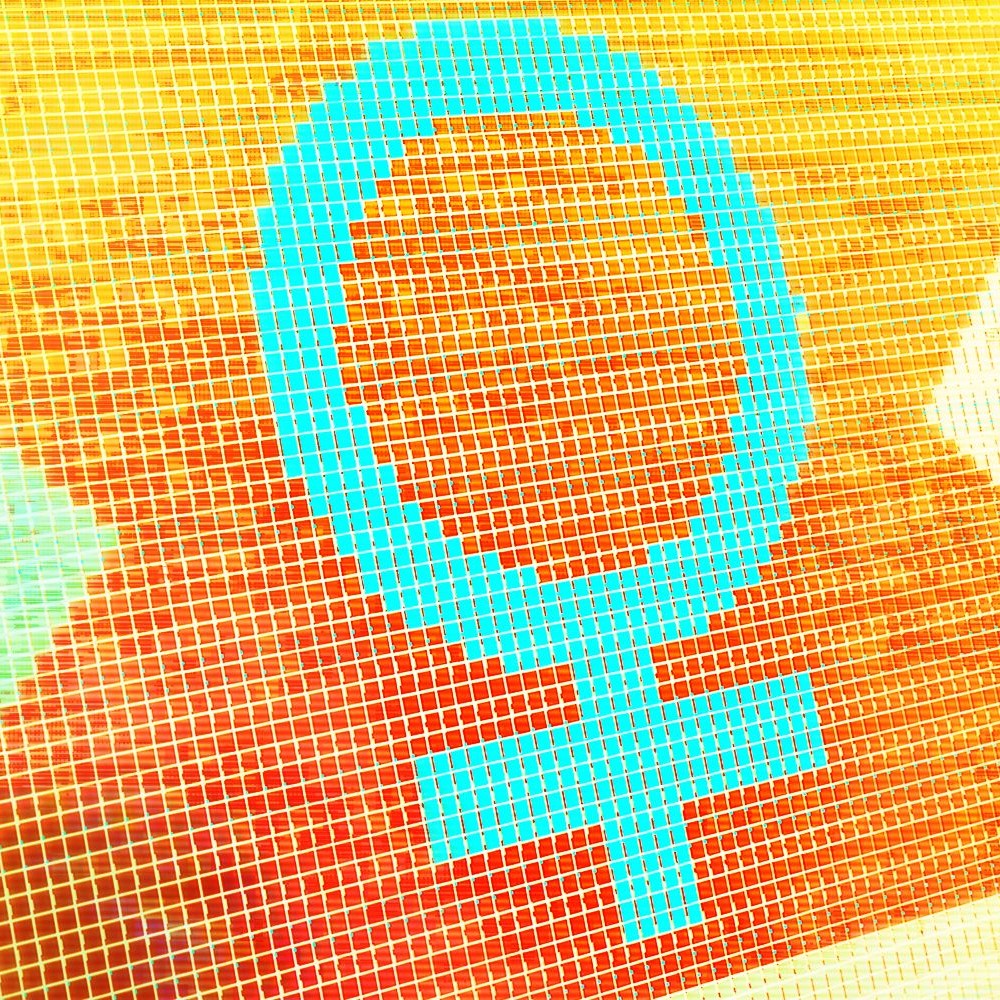
The FTC Wants to Protect Women’s Privacy
The organization is fighting revenge porn, stalkerware, and more. Here, Maneesha Mithal, associate director of the division of privacy and identity protection, explains how the group created to “bust the trusts” is stopping cybercrime.
By Megan DiTrolio Published
-

I Escaped My Abuser. He Found Me Through My Computer.
After more than a year of abuse at the hands of her then-fiancé, Jaél de Pardo, eight months pregnant, fled the apartment they shared. She was living in secret...until he tracked her.
By Megan DiTrolio Published
-
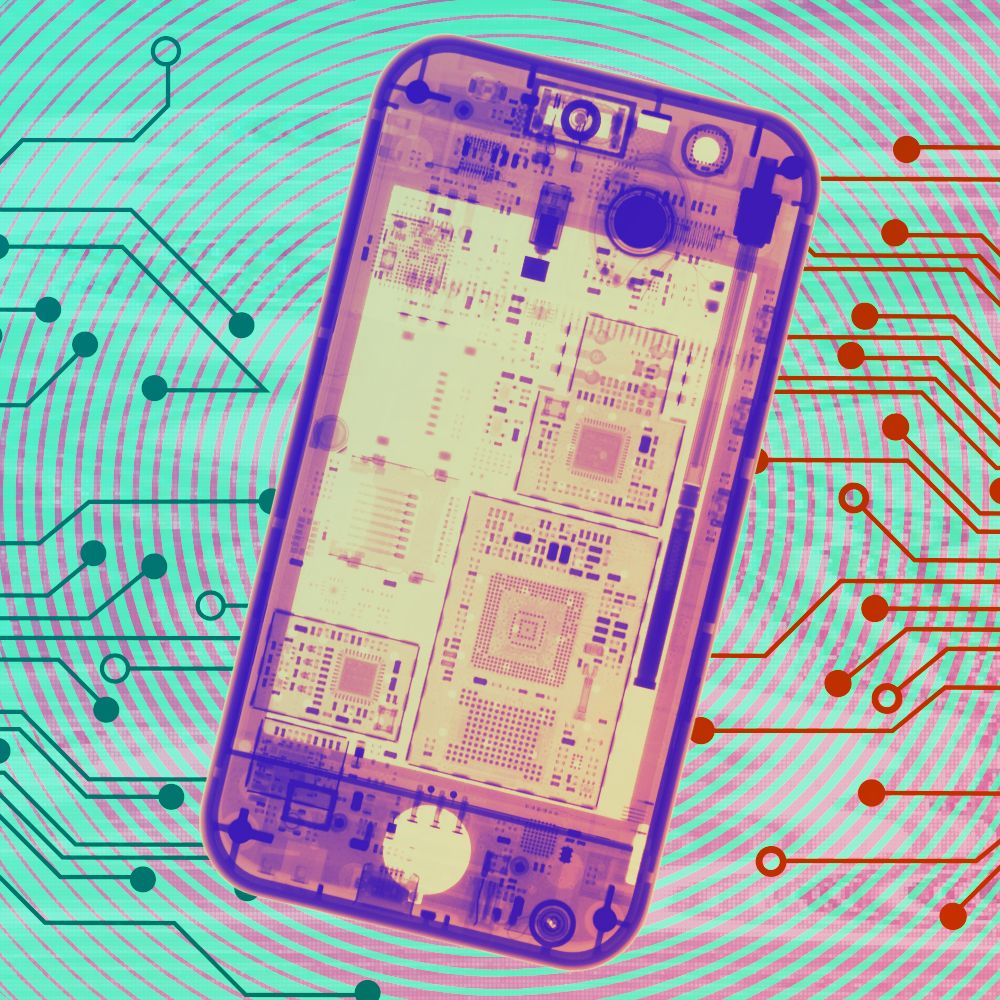
How to Stay Safe Using Dating Apps and Websites
How To Did you know your favorite dating apps may be selling your intimate information? Swipe right on privacy with these key safety tips.
By Jenny Hollander Published
How To -

Land of The Free... Information
The U.S. Constitution does not explicitly protect privacy. Worse, we are one of the few countries without a universal data privacy law (along with the likes of Sudan and Syria). Mary Stone Ross, coauthor of the country's most expansive state privacy law, argues in favor of federal legislation.
By Mary Stone Ross Published
-

Your Data Is Discriminating...Against You
For some, privacy infringement doesn’t just mean annoying ads; it could mean being denied a job or housing. Prachi Gupta investigates big data’s big problem.
By Prachi Gupta Published
-
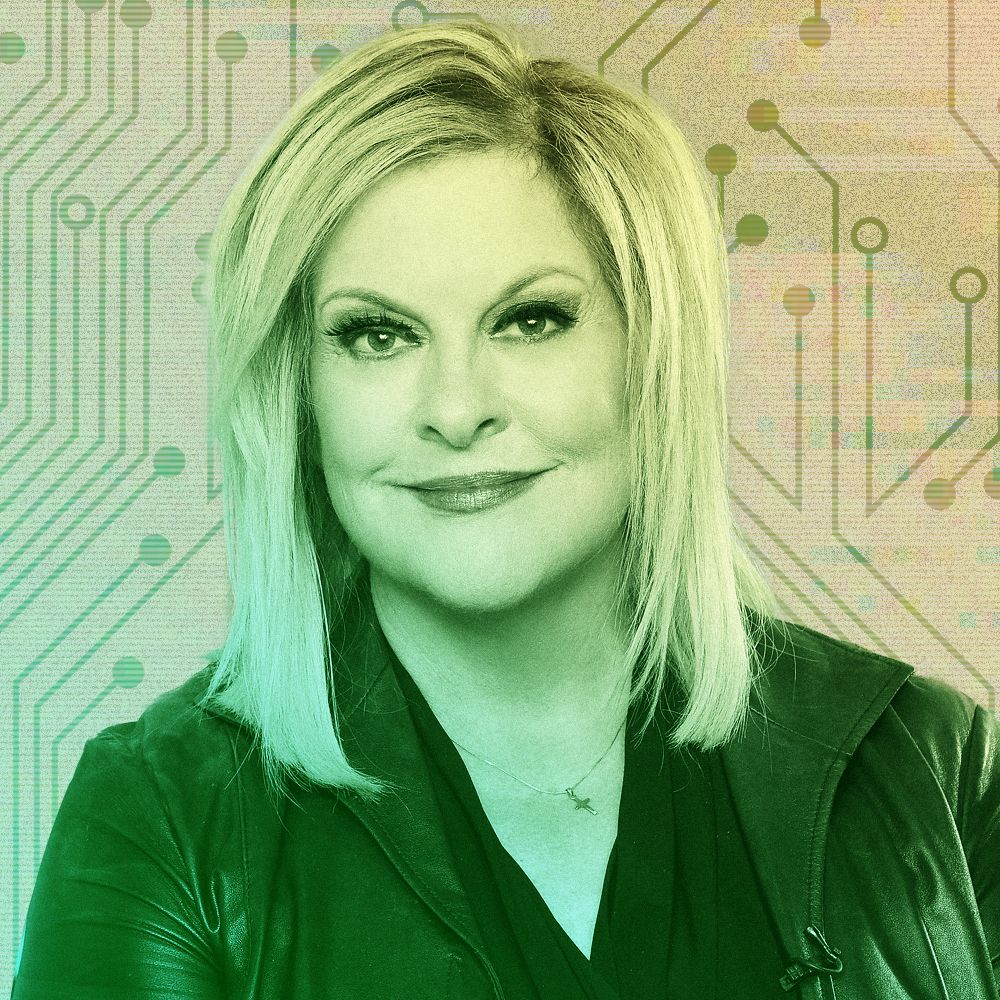
Nancy Grace Wants You to Take Your Cyber Safety Seriously
Your life is moving online fast, so here’s advice from the prosecutor and true-crime legend who has seen it all.
By Maria Ricapito Published
